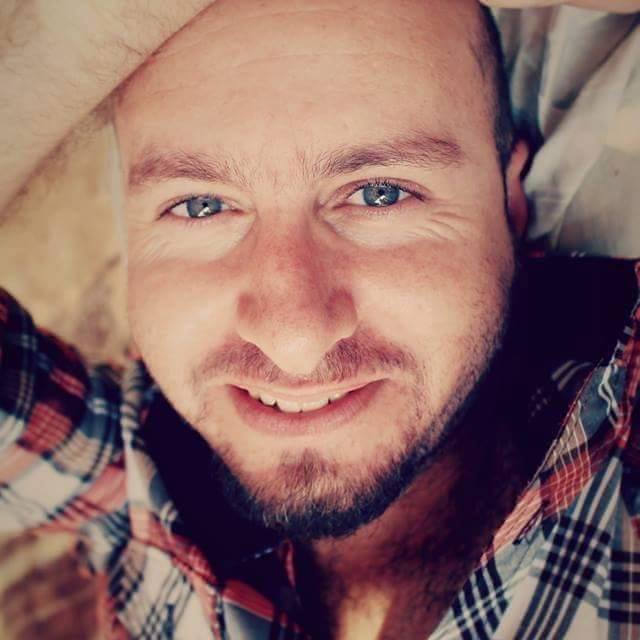Tag: Global Actions
-
End medical apartheid: Israel banning entry of Gaza patient Abd al-Kareem
10th November 2016 | International Solidarity Movement, Gaza team | Gaza, occupied Palestine Abd al-Kareem Nahid Abu Halloub, a 32 year old paitent had a heart attack on 6/10/2016 and is in a coma for about 36 days now as a result of a sudden fall to the floor. He was convulsed. His health condition…
-
Call to action: Olive Harvest 2016
9th September 2016 | International Solidarity Movement | Ramallah, occupied Palestine At a time of increasing settler violence in the West Bank, the International Solidarity Movement is issuing an urgent call for volunteers to participate in the 2016 olive-harvest on the invitation of Palestinian communities. The olive tree, a national symbol for Palestinians, is an…
-
Important stage victory for BDS Oldenburg and Freedom of Speech
18th June 2016 | BDS Oldenburg, Germany Local German SPD politician forced to abstain from charges of anti-Semitism by court order On 14 June 2016 the Regional Court Oldenburg ordered Sara Rihl, local SPD politician and student member of the senate of the university of Oldenburg, not to repeat her statements relating to Christoph Glanz.…



